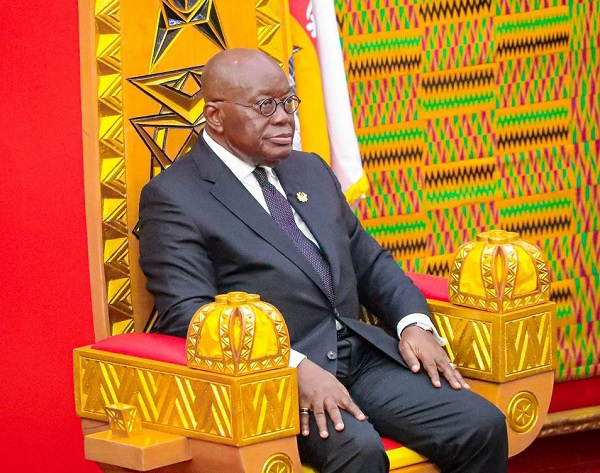Ghana’s gross domestic product (GDP) size grew by 3.7% year-on-year in the fourth quarter of 2022, compared with 5.6% during the same quarter of the previous year, the country’s statistics service said on Wednesday.
On yearly comparison, Ghana’s economy grew 3.1% year-on-year in 2022, compared with a growth rate of 5.1% the previous year, the country’s statistics agency said on Wednesday.
Having defaulted from its debt repayments, the country is still facing economic pressures amidst fiscal slippage, and an inaccessible external market for borrowing to support large earnings deficits.
The country has been asked to restructure its debt book to access $3 billion in funding support granted by the multilateral lender, the International Monetary Fund. Many foreign banks with exposure to Ghana’s securities have their book discounted.
Data from the Nigerian Exchange shows that Nigerian banks with subsidiaries in Ghana reported large losses due to debt restructuring.
As funding pressures persist among low-income nations, other countries that defaulted include Belarus, Lebanon, Sri Lanka and Zambia among others amidst uncertainties in the global economy in 2023.
Last month, Fitch upgraded Ghana’s long-term local currency issuer default rating to ‘CCC’ from ‘RD’, according to a rating note.
The upgrade of the ratings on Ghana’s local currency-denominated debt follows the completion, effective 21 February 2023, of the domestic debt exchange programme by the Republic of Ghana, Fitch said.
Analysts viewed this transaction as a distressed debt exchange in a context of heightened fiscal pressures, with interest costs amounting to 54% of revenues in the first half of 2022, and a lack of access to international capital markets.
Fitch estimates that the domestic debt exchange allows Ghana to reduce its interest payments in 2023 by around 10% of expected revenues, or 1.6% of GDP. It said gross financing needs this year have been reduced by 5% of 2023 GDP.
In 2024, Ghana’s interest payments would be lowered by 6% of revenues or 0.9% of GDP, according to Fitch Ratings. The domestic debt exchange has increased the debt-to-GDP ratio with payment-in-kind coupons corresponding to an increase in the face value of the new bonds compared to the face value of tendered bonds.
Ghana’s Finance Minister Ken Ofori-Atta said last week that he expected the IMF’s board to approve the support package in May.
Source: dmarketforces.com

